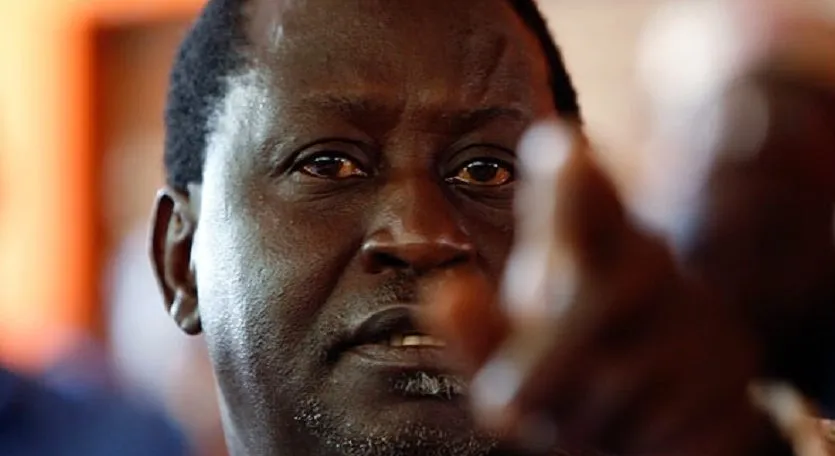[ad_1]
BY JARED OPIYO
Food and nutrition security is undoubtedly the pillar point for critical economic development due to the role of nutrition in healthy growth and human capital development. Nairobi, the capital city of Kenya like many other African cities is experiencing rapid urbanization and urban food insecurity is on the rise, with slum residents being the grossly affected group. Popularly known as the green city in the sun, Nairobi according to latest statistics had a general population of 4,397,073 in the 2019 census while the metropolitan area recorded a population of 9,354,380. Overcrowding has strained resources and many are vulnerable to malnutrition and other poverty related illnesses due to food insecurity.
Understandably, malnutrition is a worldwide problem especially for children. The world health organization estimates that malnutrition accounts for 54 percent of child mortality around the globe.

Ready collard greens
But in the sprawling Kariobangi slums in Nairobi one youth group has outstandingly come out to offer a local solution towards malnutrition through kitchen farming. The youth group dubbed Kariobangi Social Justice Centre through the innovative farming project are out not only to make food more available and affordable but also more nutritious. According to one of the officials of the group Stephen Musyoka, members saw the need to conquer spaces along river Nairobi and turn into food security practice for the slum dwellers. ‘This space is situated along Nairobi river near the National concentrate company that’s located along road superhighway .This space is in between two common areas in the vast Nairobi city county which are Kariobangi North constituency and Riverside Ruaraka constituency’’, Muysoka offered during the interview.

Kales under irrigation
Determined to implement their idea, the group tirelessly worked on a previously neglected riparian land which served as a dumpsite for residents living in the slum. The amount of the garbage dumped at the site ranged from simple household waste to the dangerous industrial waste which is harmful to the health of humans as well as animals. Others in the group of ten members are Schola Juma, Ruth Ogada, Abibn Omar, Stephen Musyoka, Joseph Macharia, Yusuf Boya, Joseph Wafula and Beth Ndungu. Apart from Sukumawiki (collard greens), Spinach (swiss chard), Terere (Amaranthus), the group has a long list of vegetable families made readily available in the neighborhood. They also plant manage (African nightshade), Sagaa (spider plant), mrenda (jews mallow), Kunde mboga (cowpeas leaves), nduma (taro), pili pili (pepper), mito (slender leaf), kahurura (fig leaf gourd leaves), minji (green peas) among others.

John Riaga
To sustain the idea, Kariobangi social justice centre has identified local schools with an aim of pumping the knowledge to pupils and students who are in return expected to put the knowledge in practice both at the schools and their respective homes. Some of the schools earmarked for the kitchen gardening project are Kariobangi North primary, Kariobangi girls, Marura primary and Our lady of Fatuma secondary. To conform to the limited space available, the group has resorted to innovative and easy to implement planting methods that include staircase garden, raised moist bed, cone garden, and wick irrigation among others. According to John Riaga, a science communicator with impact research and development organization ‘people taking ARVs need to take a lot of vegetables to boost their nutrients’’. Riaga encouraged Kenyans to embrace garden kitchens, noting that the approach is the secret magic that offers easy access to nutrients as well as saving money.
Source link
















